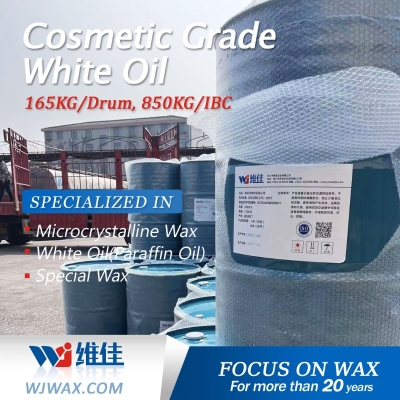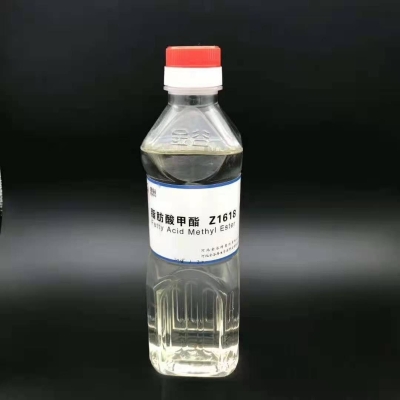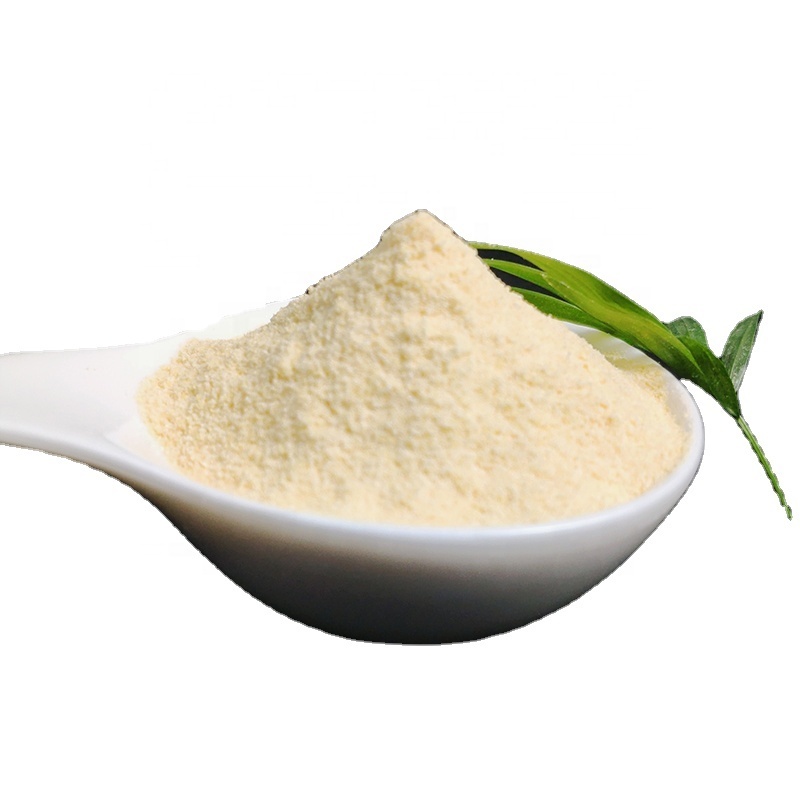-
Categories
-
Pharmaceutical Intermediates
-
Active Pharmaceutical Ingredients
-
Food Additives
- Industrial Coatings
- Agrochemicals
- Dyes and Pigments
- Surfactant
- Flavors and Fragrances
- Chemical Reagents
- Catalyst and Auxiliary
- Natural Products
- Inorganic Chemistry
-
Organic Chemistry
-
Biochemical Engineering
- Analytical Chemistry
-
Cosmetic Ingredient
- Water Treatment Chemical
-
Pharmaceutical Intermediates
Promotion
ECHEMI Mall
Wholesale
Weekly Price
Exhibition
News
-
Trade Service
The recent downturn in the shipping market, the freight index fell sharply, dragged down the demand for the marine fuel market, low sulfur fuel oil as the main raw material in the marine fuel market, coupled with this week's domestic low sulfur fuel oil export quota decentralization, low sulfur fuel oil prices have been greatly suppressed
.
As of Thursday's close, the main contract for low-sulfur fuel oil was down 366 yuan / ton, or 8.
9%,
from the last trading day at the end of last year.
According to Tian Qiujin, a fuel oil analyst at Longzhong Information, the price of China's bonded marine fuel oil market began to operate weakly in late December 2022, especially low-sulfur fuel oil, and its terminal bonded ship fuel supply price fell to $610/ton at the end of December 2022 from about $680/ton in early December 2022, a decline of 10.
3%, and the average price in December was $616/ton, the lowest level
of the year.
At the same time, as crude oil prices fell sharply on the first working day of 2023, low-sulfur fuel oil also fell
sharply.
From the perspective of domestic market news, the reporter learned that China's first batch of low-sulfur fuel oil export quotas in 2023 was recently issued, and according to Longzhong Information, the first batch totaled 8 million tons
.
Among them, Sinopec 4.
29 million tons, PetroChina 3.
02 million tons, CNOOC 620,000 tons, Sinochem 30,000 tons, Zhejiang Petrochemical 40,000 tons
.
Compared with the export quota of the first batch of low-sulfur fuel oil in 2022 of 6.
5 million tons, an increase of 1.
5 million tons or 23.
08%.
At the same time, the export quota of the first batch of refined oil products increased by 46.
08% year-on-year, boosting the domestic refined oil market
.
"Since 2020, domestic refineries have started large-scale production of low-sulfur bonded ship fuel, and production capacity and output have increased
year by year.
In 2022, the domestic low-sulfur fuel oil production will total about 15.
1 million tons, and the overall utilization rate will reach more than 95%, which basically meets the production and export needs of refineries, and at the same time, irregular distribution in batches also avoids the occurrence of insufficient quota use
.
Everbright Futures analyst Du Bingqin said
.
"Judging from the decentralization of export quotas, it is basically equivalent to the current production and supply capacity of domestic low-sulfur fuel oil, and is expected to meet the export demand
in the first half of this year.
" At the same time, it should be noted that the increase in export quota is mainly to match the further improvement of low-sulfur fuel oil capacity, and it is expected that the low-sulfur fuel oil production capacity will further increase to 31.
15 million tons in 2023.
Du Bingqin said
.
However, in Tian Qiujin's view, the decentralization of the first batch of low-sulfur fuel oil exports in 2023 is still basically the same as the current production and supply capacity of domestic groups, ensuring the orderly production and export of low-sulfur fuel oil in 2023
.
"Due to the particularity of the low-sulfur fuel oil export policy, it can only be used for bonded ship bunkering operations
in the Chinese market.
" Tian Qiujin said that the domestic low-sulfur fuel oil export quota policy is basically to meet the bonded ship fuel export of domestic refineries and ensure the bonded ship fuel market demand, and the decentralization in the past two years is based on the reference refinery output, according to the needs of enterprises to allocate and timely distribution, did not fundamentally affect the refinery production and supply
.
With the increase in the production capacity and output of low-sulfur fuel oil in domestic refineries year by year, the export quota of the first batch of domestic low-sulfur fuel oil has increased by 1.
5 million tons
year-on-year for two consecutive years.
The increase in the first batch of export quotas in 2023 is also in line with the current production and supply needs of refineries, and the export quotas are more relaxed, ensuring the production and supply of low-sulfur fuel oil, and will not cause oversupply in essence
.
However, slightly loose supply and light demand have affected the mentality
of some market players.
At present, the first batch of import quotas has been issued, what will be the pace of import cooperation with issuance? In this regard, Tian Qiujin said that the average monthly export volume of low-sulfur fuel oil in 2022 is 1.
25 million to 1.
3 million tons, with the further increase of domestic refinery low-sulfur fuel oil production, unlike the second batch of quotas in early May 2022, it is expected that the first batch of export quotas in 2023 may meet the export demand from January to May, and some enterprises may still have the need to apply for export quotas in June 2023, when the second batch of export quotas may continue to be decentralized
.
According to Dai Yifan, director of the Commodity Research Center of the South China Futures Research Institute, the global shipping market bull market has passed, from the market's forecast of the shipping market in 2023, it is difficult to have an effective increase in the 2023 marine fuel market, and it is expected that China's fuel consumption in 2023 will be the same as in 2022 or have a slight increase
.
"In 2022, the average filling volume of China's bonded low-sulfur fuel oil will be 1.
5 million tons / month, and the first batch of export quotas in 2023 will be released by 8 million tons, which can meet the domestic fuel consumption demand from January to May, and it is also comparable to China's low-sulfur fuel oil production capacity, which means that China's bonded low-sulfur fuel oil consumption can basically achieve self-production and self-sufficiency, and foreign low-sulfur fuel oil production needs to be digested by foreign markets to suppress the market price
of low-sulfur fuel oil.
" Dai Yifan said
.
Recently, due to the decentralization of domestic refined oil export quotas, a total of 18.
99 million tons, up 46.
08% year-on-year, the growth of domestic refined oil exports will suppress the profits of foreign refined oil cracking, the trend of low-sulfur fuel oil and coking profits show a positive correlation, and the decline in gasoline and diesel cracking will drag down the price
of low-sulfur fuel oil.
"The increase in domestic low-sulfur fuel oil quotas will suppress prices on the later supply side
.
" Dai Yifan said, however, the current Singapore low sulfur cracking has fallen to 2.
5 US dollars / barrel, because low sulfur fuel oil in the production process often need to pull a production line, belongs to the category of non-associated oil, when the profit is insufficient, can reduce the operating load by itself, low sulfur cracking under the space is limited, but the short-term still lacks upward drive
.
Also in Du Bingqin's view, the current low-sulfur fuel oil is under pressure due to the expected increase in supply
.
"The spread of Singapore's sulphur 0.
5% bunker fuel oil to Brent has fallen sharply over the past two weeks, and it is expected that a large number of low-sulphur fuel oil cargoes will enter the Singapore market in the coming weeks, and the arrival of low-sulphur fuel oil arbitrage cargoes from the West in January 2023 will be higher than in December 2022, resulting in an oversupply and the fundamentals of the low-sulphur fuel oil market will be affected
.
In addition, because Japan and South Korea already have sufficient reserves, even during the peak winter season, the demand for low-sulfur fuel oil power generation has not increased
significantly.
Du Bingqin believes that in the short term, the low-sulfur fuel oil market is facing a situation of weak supply and demand, and lacks an obvious upward drive
.







